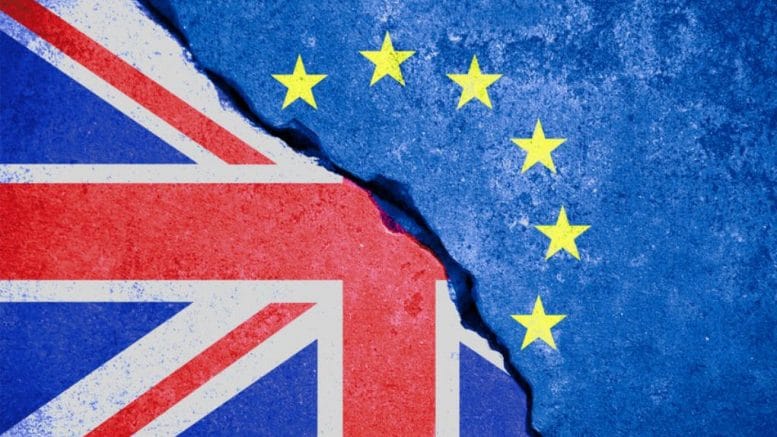Crashing out of EU would boost corporation tax revenue, argues Brian Monteith
 Britain crashing out of the EU without a deal could have one unexpected consequence – closing a loophole whereby companies avoid corporation tax by basing themselves elsewhere in Europe.
Britain crashing out of the EU without a deal could have one unexpected consequence – closing a loophole whereby companies avoid corporation tax by basing themselves elsewhere in Europe.
Something for financial directors to be mindful of if indeed there is a no-deal Brexit.
Companies like Amazon are clearly very successful and yet contribute relatively little corporation tax to HM Treasury. It should come as no surprise then that the Chancellor, Philip Hammond, is thinking of introducing a so-called “Amazon tax” as a way of snaring multinationals to make a bigger contribution to public finances.
It is argued such a tax would create a more level playing field between online and traditional property-based retailers and “save the high street” from shop closures. It is, however, a thoroughly bad idea, not least because it is unnecessary.
The reason why some companies operating in the UK manage to pay so little tax – and not all of them are foreign – is they are allowed to post their UK turnover into other EU jurisdictions such as Luxembourg, Ireland and the Netherlands. This is only possible because the UK is in the Single Market. If we leave the Single Market, then higher tax contributions should inevitably follow.
Tech companies such as Facebook, coffee chains such as Starbucks and manufacturers such as Apple use this process to mitigate their taxes, as do British companies such as Café Nero, which is headquartered in the Netherlands.
When turnover is posted overseas through a commission process to the headquarters it is not illegal — indeed company directors have a fiduciary duty to their shareholders to mitigate tax exposure. They would be failing in their duty if they did not consider such legitimate schemes.
A 2016 study by city banking expert Bob Lyddon, published by Global Britain, estimated some £53bn is siphoned off into other EU member states and then, through their bilateral tax treaties with non-EU member states, into Netherlands Antilles and other tax havens. Lyddon put the tax loss to the Treasury at almost £10bn per annum.
Both the Conservative and Labour parties promised to take the UK out of the Single Market during the 2017 general election, but both have been rowing back from that pledge ever since. The Prime Minister’s Chequers Agreement is a considerable way from her promise made in her Lancaster House and Mansion House speeches and the Conservative manifesto that the UK would leave both the Single Market and Customs Union. Now Theresa May says the UK will remain in the Single Market for goods and most foods, leaving the door open for this tax scheme to continue.
The irony is Philip Hammond would not need an “Amazon tax” if he dropped his support for Chequers, as UK tax revenues would naturally rise by the closing of this largest of tax loopholes.
Brian Monteith is director of communications at Global Britain






Be the first to comment on "No-deal Brexit would close corporation tax loophole"